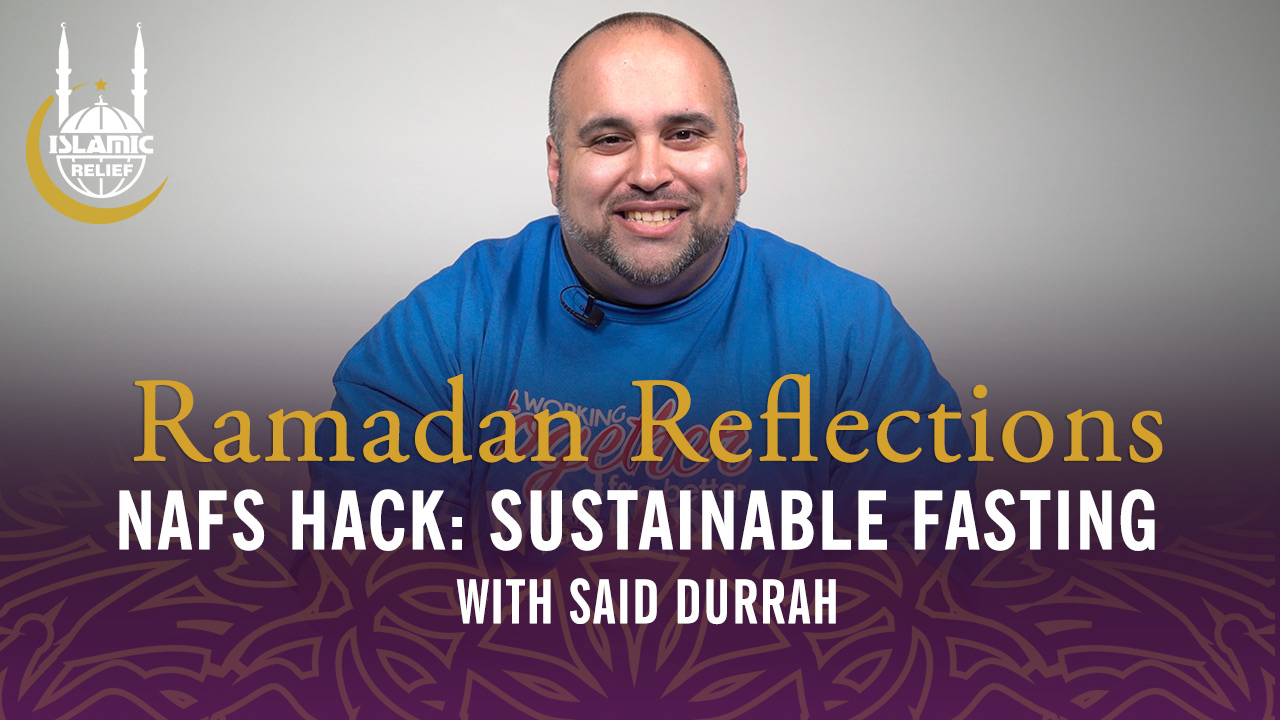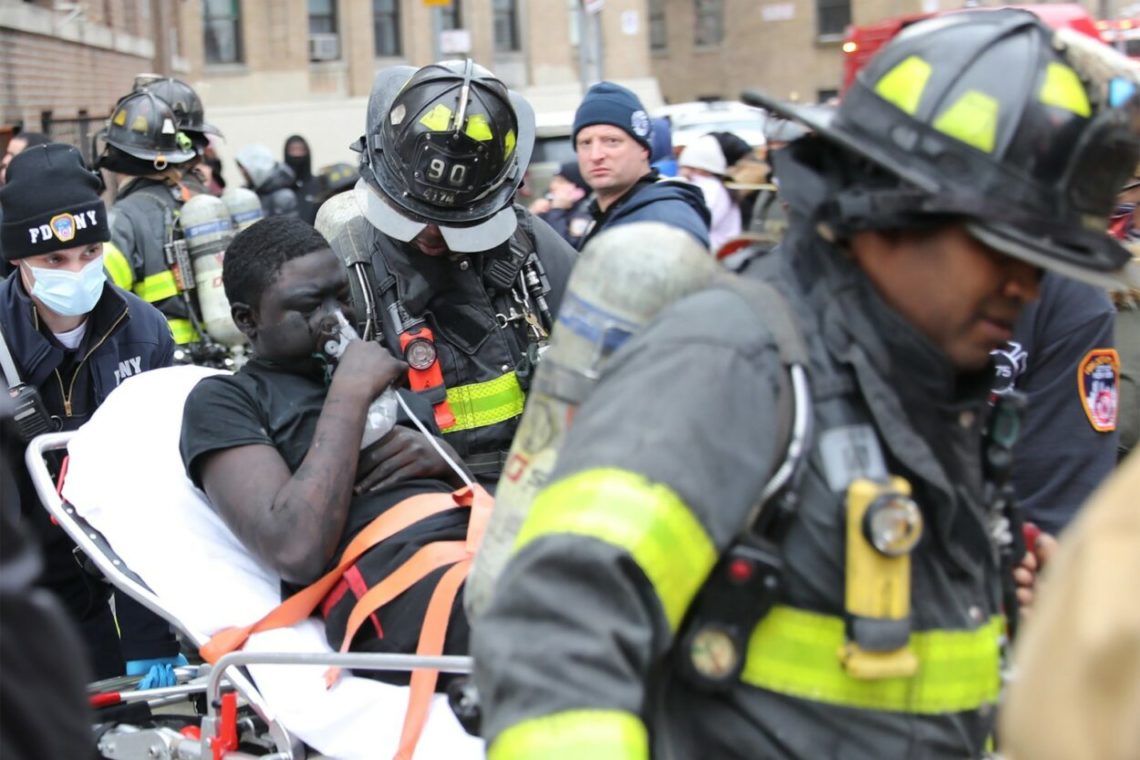
A Fatal Bronx Fire
Communities, led by West African families, mount responses and mourn
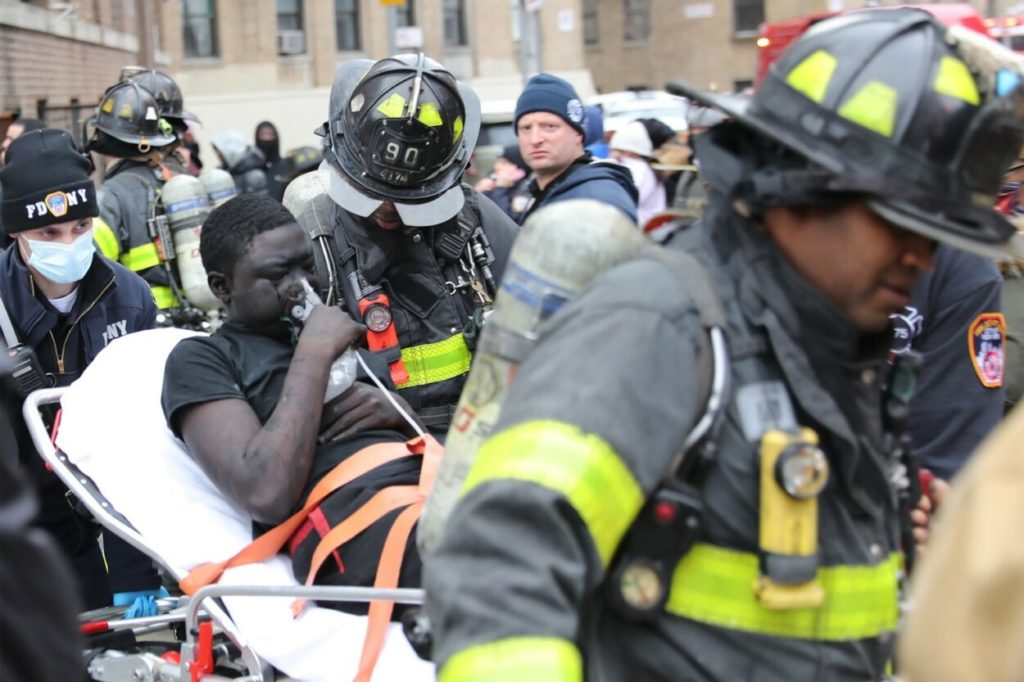
A fire unseen for over 30 years
It had been over three decades since a Bronx nightclub was set on fire claiming the lives of 87 people. The culprit spent his last days of a life sentence in 2016 behind bars. Early this January, countless families experience the horror of losing loved ones as a fire consumed the Twin Parks NW apartment building in the Bronx. Built as low-income housing in 1974, the building was home to ranging ethnicities. It most prominently featured West Africans who championed a tight-knit community.
A Sunday morning of horror
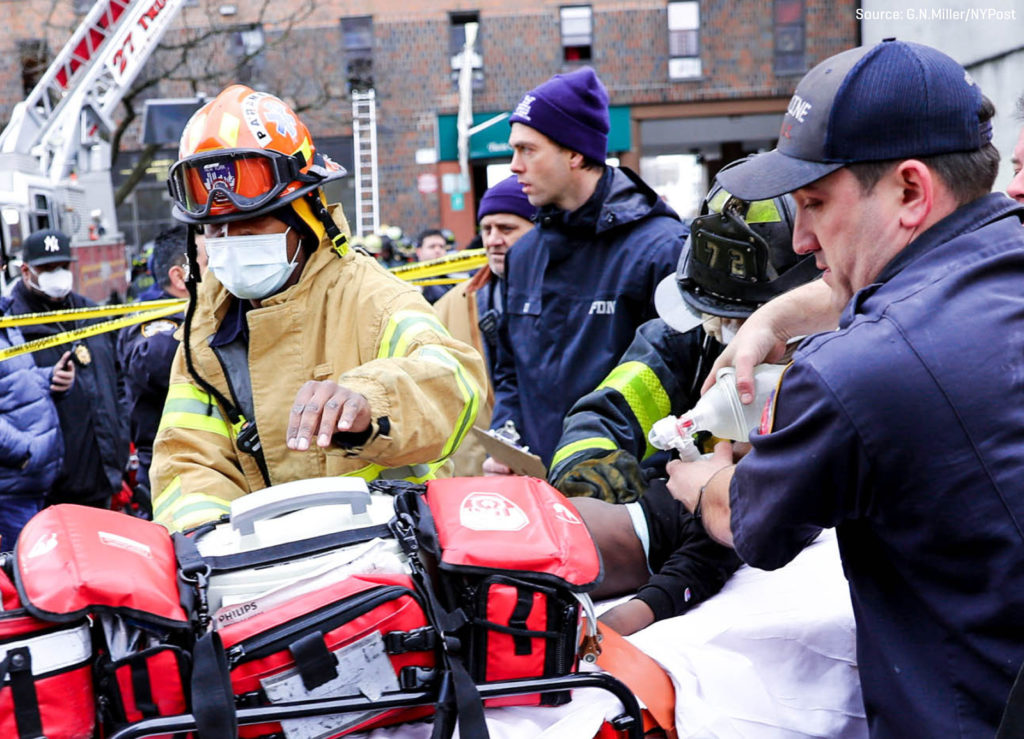
All residents of the complex were awakened Sunday, January 9, to billowing smoke, blazing fire, and overwhelming panic. The fire chief, Daniel A. Nigro, described the scene saying, “Smoke spread throughout the building, thus the tremendous loss of life and other people fighting for their lives.” A total of 19 people died from the raging fire, including nine children.
“Smoke spread throughout the building, thus the tremendous loss of life and other people fighting for their lives.”
Another 44 were injured, 13 of them critically. Mostly all were from the Gambia. The fire started from a small heater being used to supplement the struggling heating system throughout the building. With no access to fire escapes the stage was set for a heartbreaking outcome.
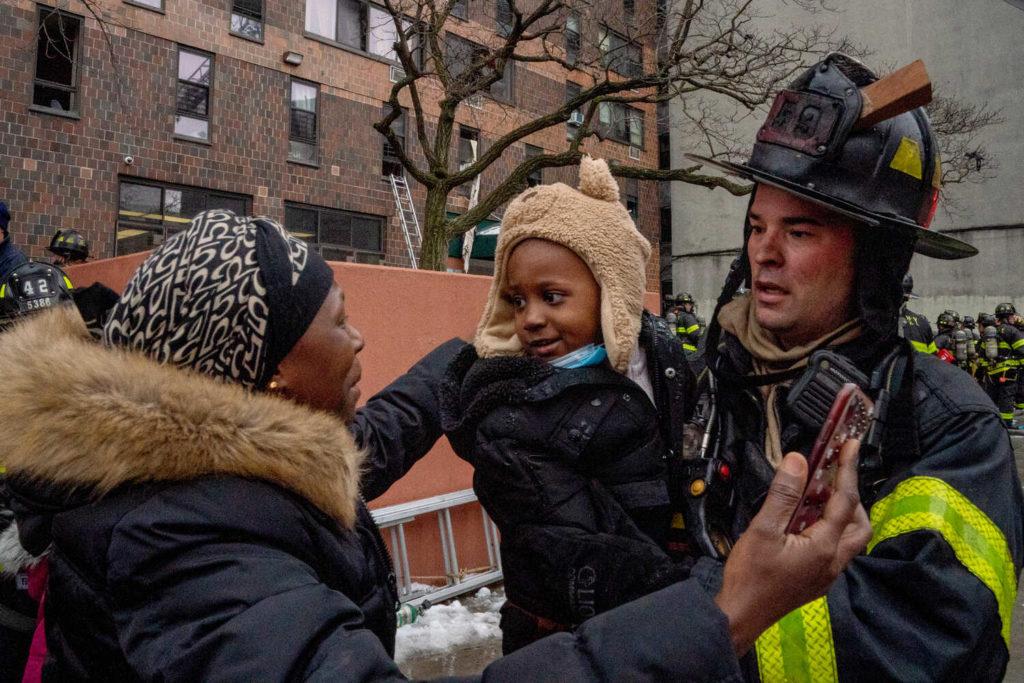
A call to action
Several community organizations and leaders quickly rallied aid for survivors as dozens of families, teary-eyed walked through hospitals and neighborhoods reckoning with their grief. National figures and celebrities sent condolences and material support for burial funds and recovery. Islamic Relief USA was among many faith-based partners to respond to the sobering devastation.
In order to assist families, many of whom were already stressed with financial difficulties, IRUSA donors provided cash assistance to help families purchase essentials, including food, medicine, clothes, and more. Please keep these families in your prayers. The families served will be using the support to supplement things food budgets, medicine, and purchasing new clothing after fleeing the apartment building with nothing but what little they could carry. Donors are still being encouraged to continue sending support and keeping the survivors in their prayers.
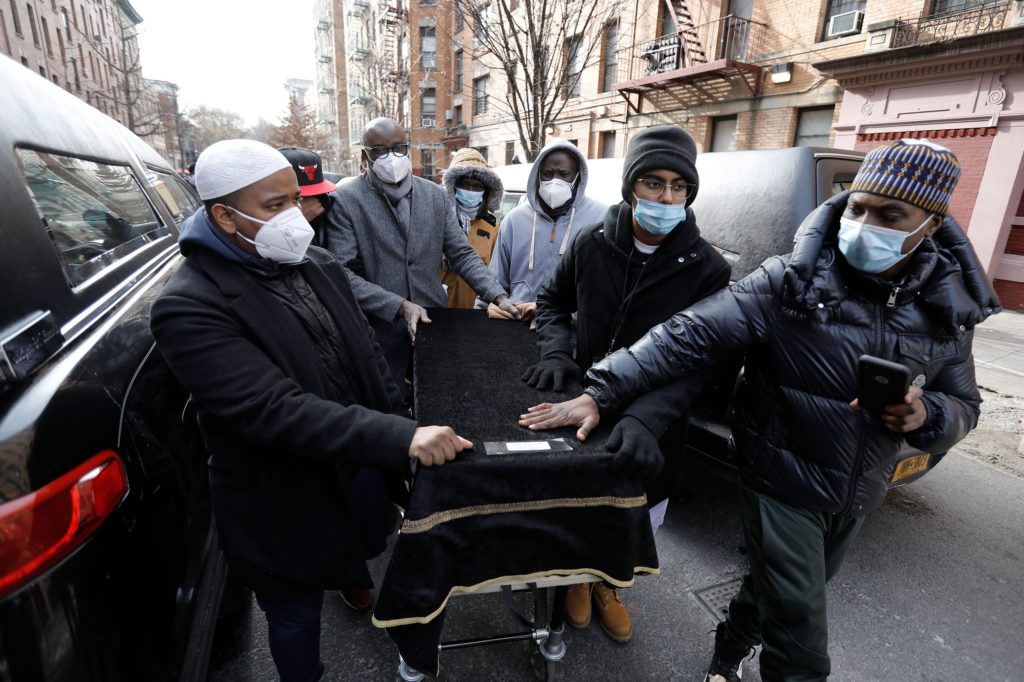
In Syria, a woman gives thanks to God as she receives a food parcel through the
Islamic Relief Ramadan programme, which last year reached 934,000 individuals
in 31 countries.
21. Responding to disasters – Islamic Relief has decades of experience
responding to natural and man-made disasters ranging from earthquakes, floods
and tsunamis to conflict. Each year, we rapidly respond to emergency situations,
striving to meet the immediate needs of those affected, while working to develop
a long-term response.
22. First to deliver aid to Grozny – When war broke out in Chechnya in 1995,
Islamic Relief was the first relief agency to deliver aid to the area’s capital,
Grozny. We supplied food, blankets, clothes, and medicine to those affected by
the fighting.
23. Hundreds of thousands helped after floods in Pakistan – The worst
floods in living memory struck Pakistan in 2010, prompting Islamic Relief to
launch a major relief and reconstruction operation. Our work benefitted some
428,000 people in more than 580 villages.
24. Recognised by the European Commission – In 2002, Islamic Relief
signed a Framework Partnership with the European Commission’s Humanitarian
Aid department. The move recognised our capacity to deliver aid to a high
standard.
25. Thousands raised during Bosnia appeal – Working with the UK-based
newspaper The Independent, Islamic Relief raised £37,000 in 1993 to support aid
efforts throughout the war in Bosnia, including during the Siege of Sarajevo.
26. Striving to ‘Do No Harm’ – Islamic Relief is committed to the principle of
‘Do No Harm’. We strive to ensure our programmes are appropriate for the
communities we serve, and to understand and minimise any potential negative
impacts of our work.
27. More than 20 years of waqf projects – In 2000, we began implementing
waqf projects, reviving the great Islamic tradition of sustainable charitable
investments alongside charitable giving. The project helps to provide funds to



